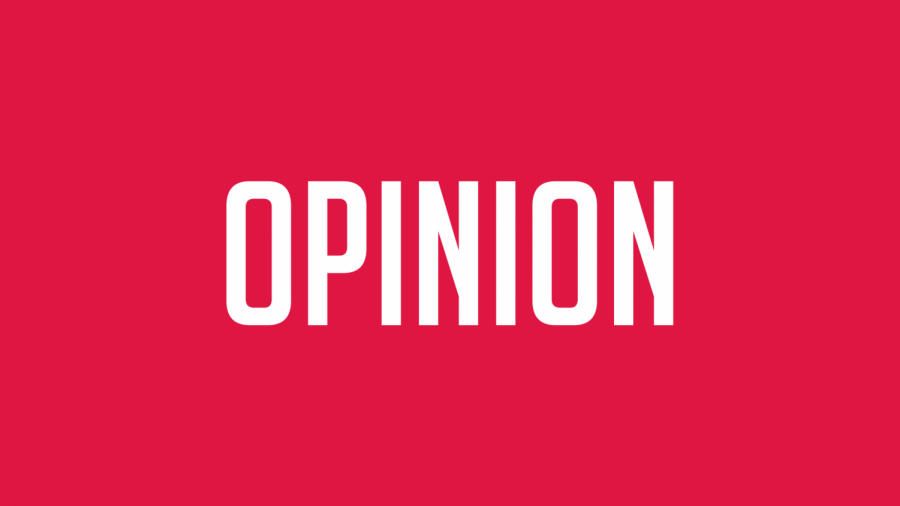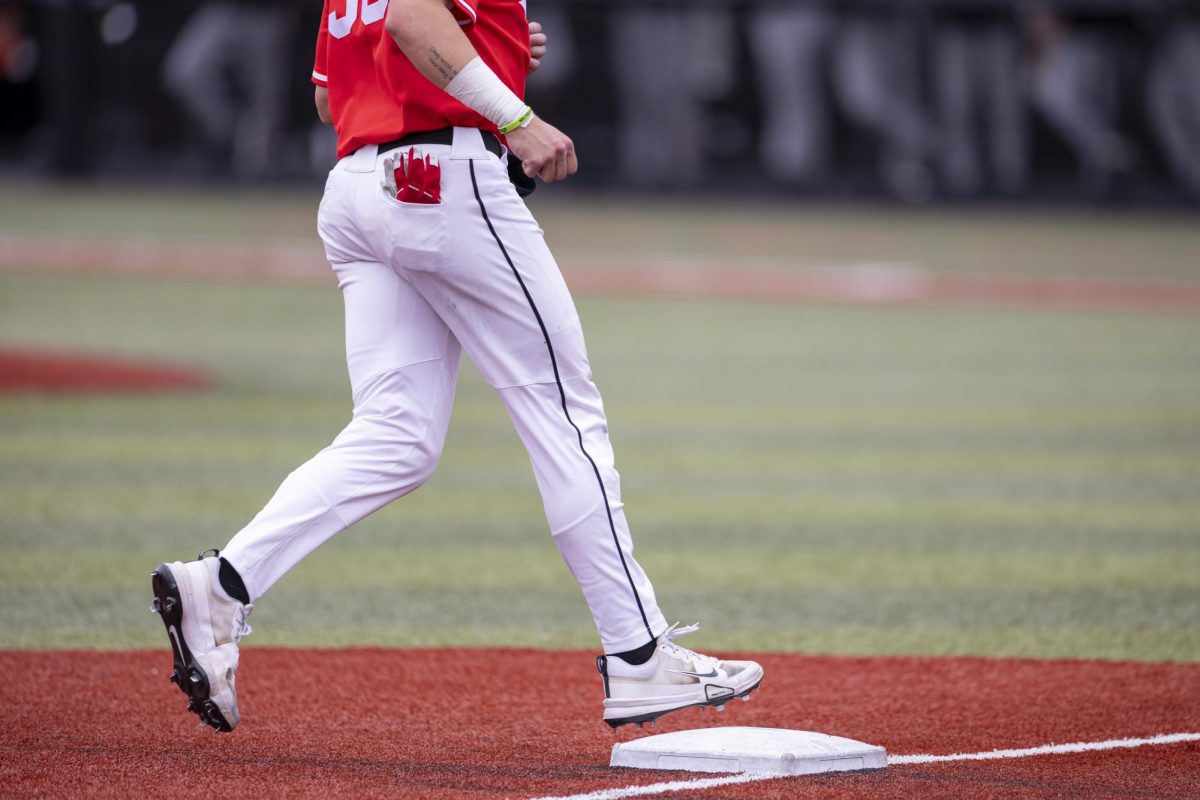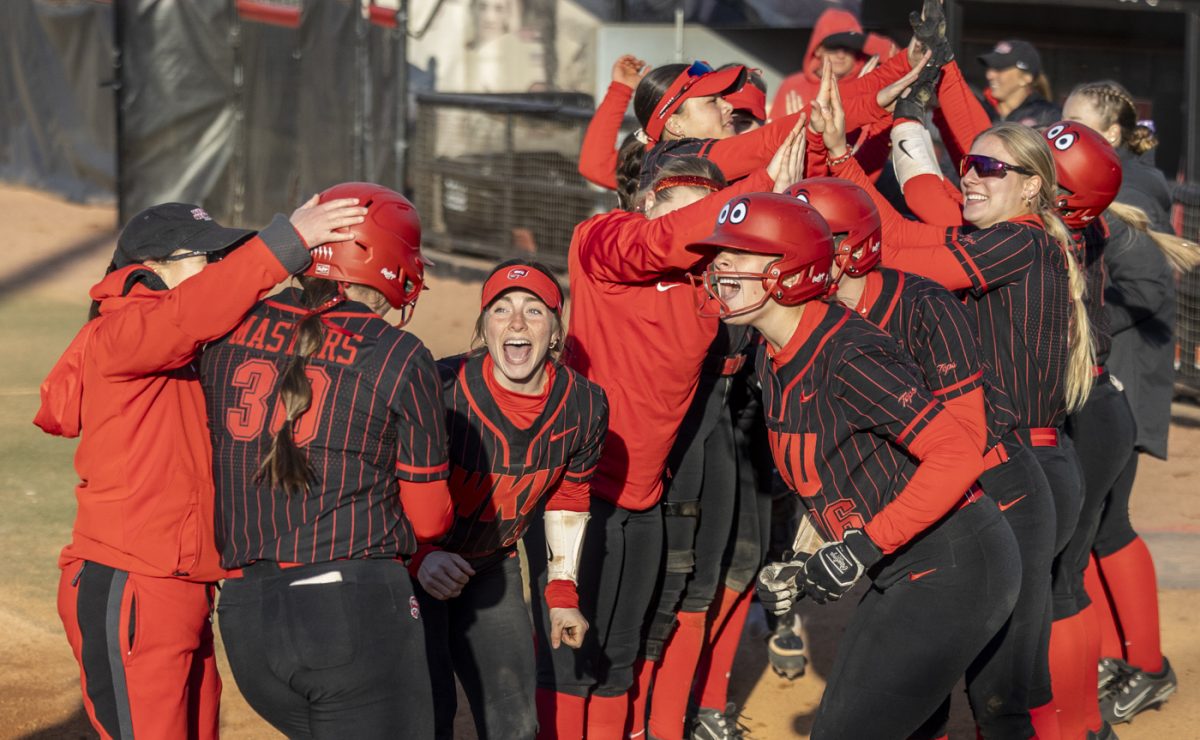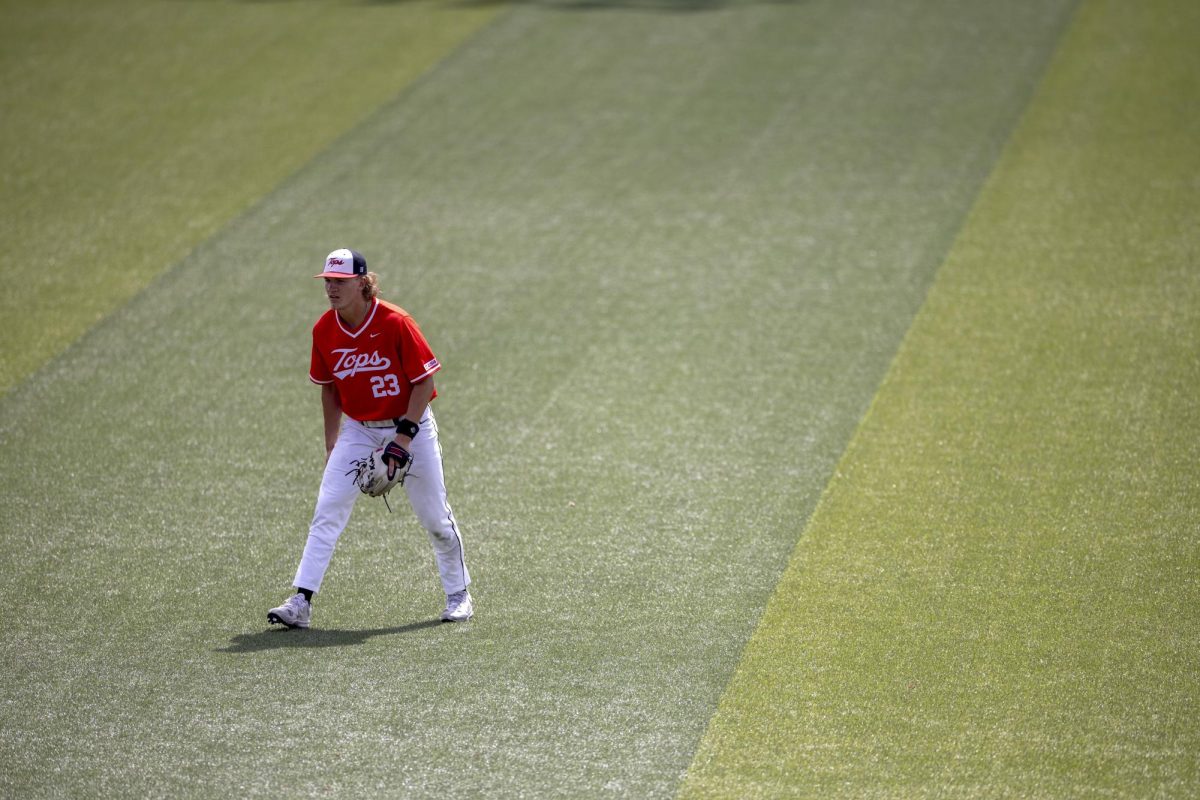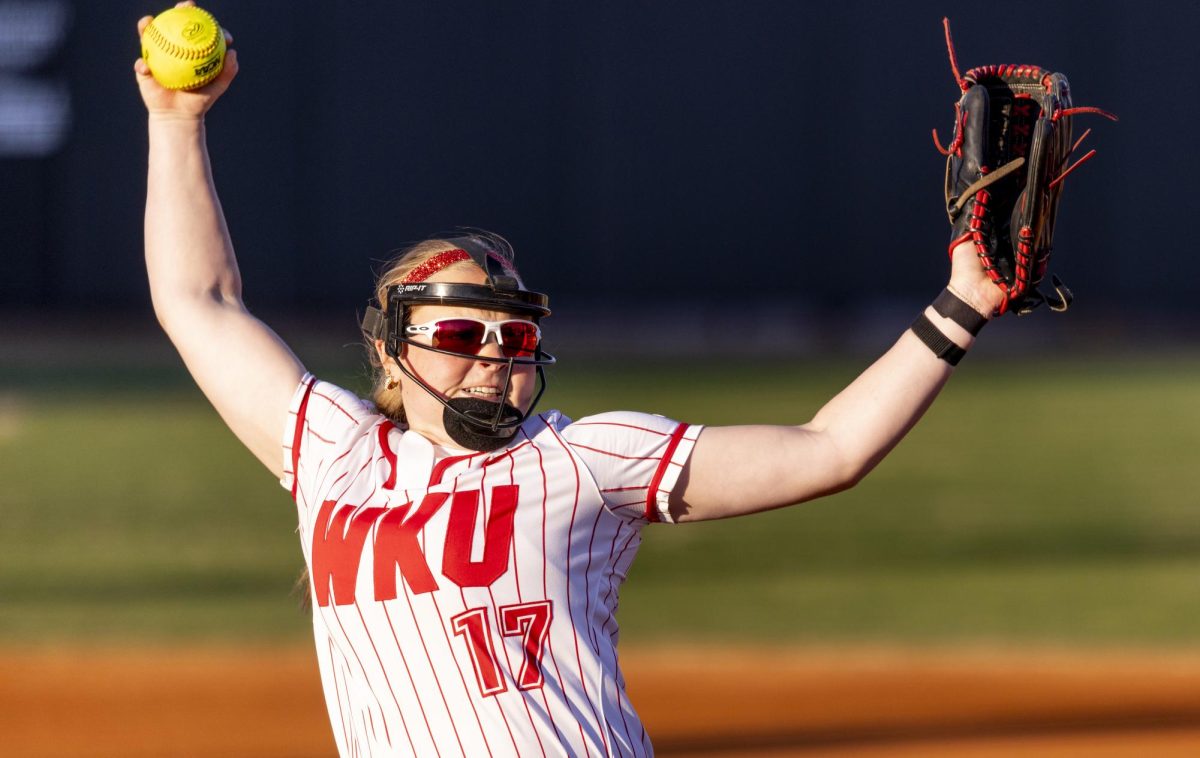EDITORIAL: Administration tries to wield influence over Herald
November 28, 2017
The Issue: WKU took over half of the reserve fund for the College Heights Herald, amounting to $50,000 of the $101,000 we once had. This is the result of decisions made by former President Gary Ransdell to make the Herald, and many other programs and divisions, no longer exempt from the university’s carry forward policy.
Our Stance: The money taken from our reserve fund was accumulated by selling advertising, and the work of selling ads has always fallen on the shoulders of students. Our funds are not like the unspent state allocated money you might find in others. Ours is the direct result of student work. This was not WKU’s money to take, but they shouldn’t have taken anyone’s reserve funds to start with.
We thought being sued by our own university so they could continue to keep records of sexual misconduct committed by faculty and staff members secret while we rack up our own legal bills was bad enough.
First of all, it is bad enough, but the university’s recent taking of our reserve funds was certainly the cherry on top. Our reserve funds have helped us provide needed equipment and a reliable cushion in the face of hard times so students can continue to receive the absolute best to prepare them for a professional career.
We bear the burden for printing, student pay and a wide variety of other costs. Even our Student Publications building was built with a majority of funds put together from alumni and from Herald and Talisman funds. For disclosure, WKU also provided some matching funds and pays for utilities and maintenance.
Aside from some operating costs for the building and the university’s requirement to pay the professional staff of Student Publications, the Herald has broad editorial and financial independence from WKU.
President Timothy Caboni’s actions, and those of Provost David Lee, have reinforced the administration views the Herald as a piggy bank for when it gets into trouble, and one that can be silenced through legal means if they are called out on something that could hurt their reputation as a university.
Now that we’re not exempt from the policy here’s our greatest fear: the door has been opened and we have doubts if it will be closed again. We don’t believe the decision to end our exemption from the policy was retaliation by former President Gary Ransdell, however, if the administration ever wished to retaliate against us they could.
We strive for critical reporting at the Herald, so we try to often bring your stories about topics like sexual misconduct at Kentucky universities or in what ways WKU is spending money. Maybe the day will come where WKU isn’t so fond of us and they decide there’s “something” in the central budget that needs to be covered. There’s nothing to stop them from dipping into our reserves at the end of the year again because now the money is theirs to use.
Of course, this is the worst case scenario but it’s not without merit. If anything, it could be considered a trend. Universities all over the country have been hindering or censoring their student newspapers.
Butler University removed and replaced the faculty adviser of its student newspaper, The Butler Collegian, and attempted to install an official university spokesperson as the adviser of the paper.
Just earlier this semester it was announced the University of Louisville’s student newspaper, The Louisville Cardinal, would no longer receive financial support from university administration after this year.
Then you have the emerging pattern of universities suing their own student newspapers (us as well) and forcing them to pay the legal fees such as in the instance of Knight News at the University of Central Florida and the Kentucky Kernel at the University of Kentucky.
We realize these are “economic realities” as Bob Skipper, director of media relations, said in a statement to the Bowling Green Daily News in response to an op-ed written by Herald editor-in-chief Andrew Henderson.
Here are some other economic realities:
Over the span of 20 years, WKU spent nearly $800 million on facilities upgrades and construction; of course, we know quite a bit of this was necessary but to what extent?
In 2016, WKU spent nearly $10 million in routine personal service contracts, which went towards things like construction or thousands in “consulting” services.
Faculty have not seen a substantial pay raise in decades, and instead are left to scrap for 1 percent incremental raises.
These are only “realities” because we want them to be, because we’re comfortable with the way things are. WKU could forge its own reality, a different one, if it chose to fight for it, but why fight when you can be comfortable?
We demand the university place our reserve funds under exemption once again, and before looking at taking from any funds next year to try cutting the meat instead of the bone.

